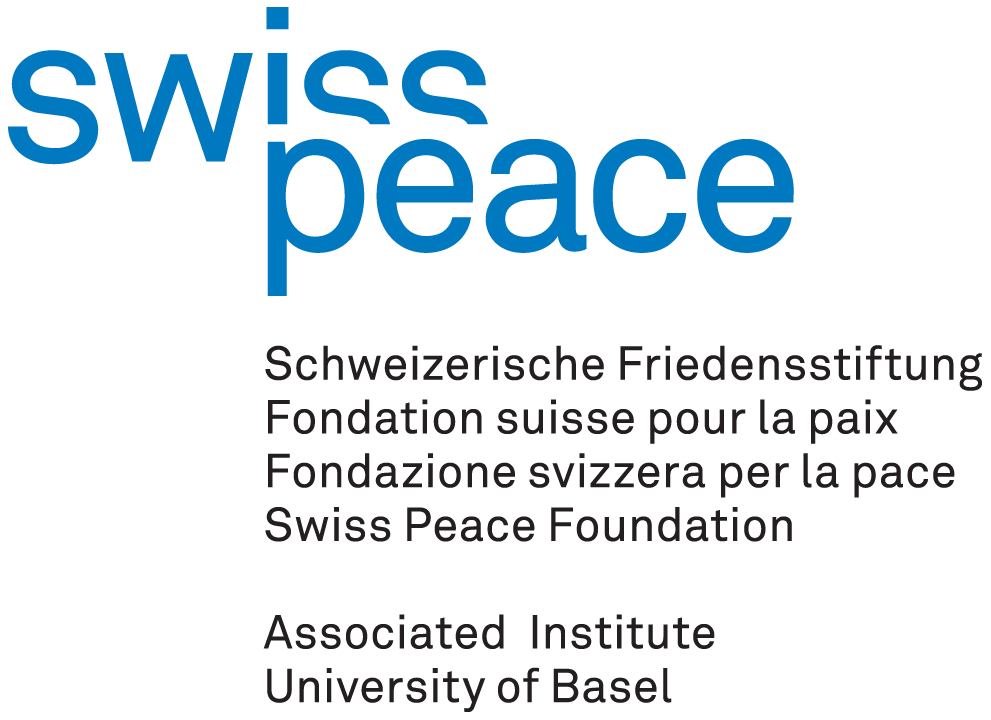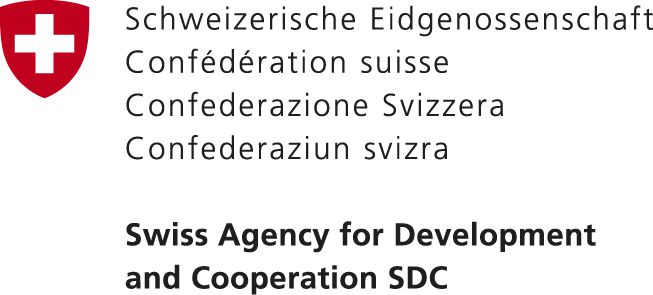2. Assess assumptions and political sensitivities of your research design

You are about to engage in or initiate a research cooperation, conduct your PhD research or launch a research project in a conflict-affected context. Such an endeavour often includes some form of resource transfer (money, infrastructure, skills, …) and it conveys implicit ethical messages (e.g., engaging with certain minorities whom you consider trustworthy, your choice of security infrastructure, see also the OHCHR Human Rights-Based Approach to Data). You will want to be aware of the impact resource transfer and implicit ethical messages have on the context and your research in order to avoid fuelling tensions, but also for your own security and the success of your research endeavour.
Start by asking these questions
- What are the political implications of a local context on the choice of topic and vice versa?
- What are political sensitivities of the choice of context (implications for access, security, data quality)?
- When planning field trips, how can you ensure flexibility to adapt to a volatile context?
- Does the donor have a political agenda? Is donor dialogue needed to align with the host government’s research priorities and to avoid duplication of research?
Recommendations
- Get to know your context: start with a simple, low-cost conflict analysis; exchange with researchers and stakeholders who work on the same context. Learn how different team members interpret the situation. Thus, you may better identify and jointly understand (hidden) conflicts and biases.
- Verify whether there are other ongoing projects (research and beyond) in the same context that could have implications on your research.
- Be aware of ‘local’ research capacities. Depending on the research field and conflict zone, your partner may be an (I)NGO, from private sector or local authority, particularly if local research partners are not available (see on North-South Research Partnership).
- Conduct a critical assessment of the implicit ethical messages sent by financial contributions or cooperation and by associations with certain (conflict) actors.


